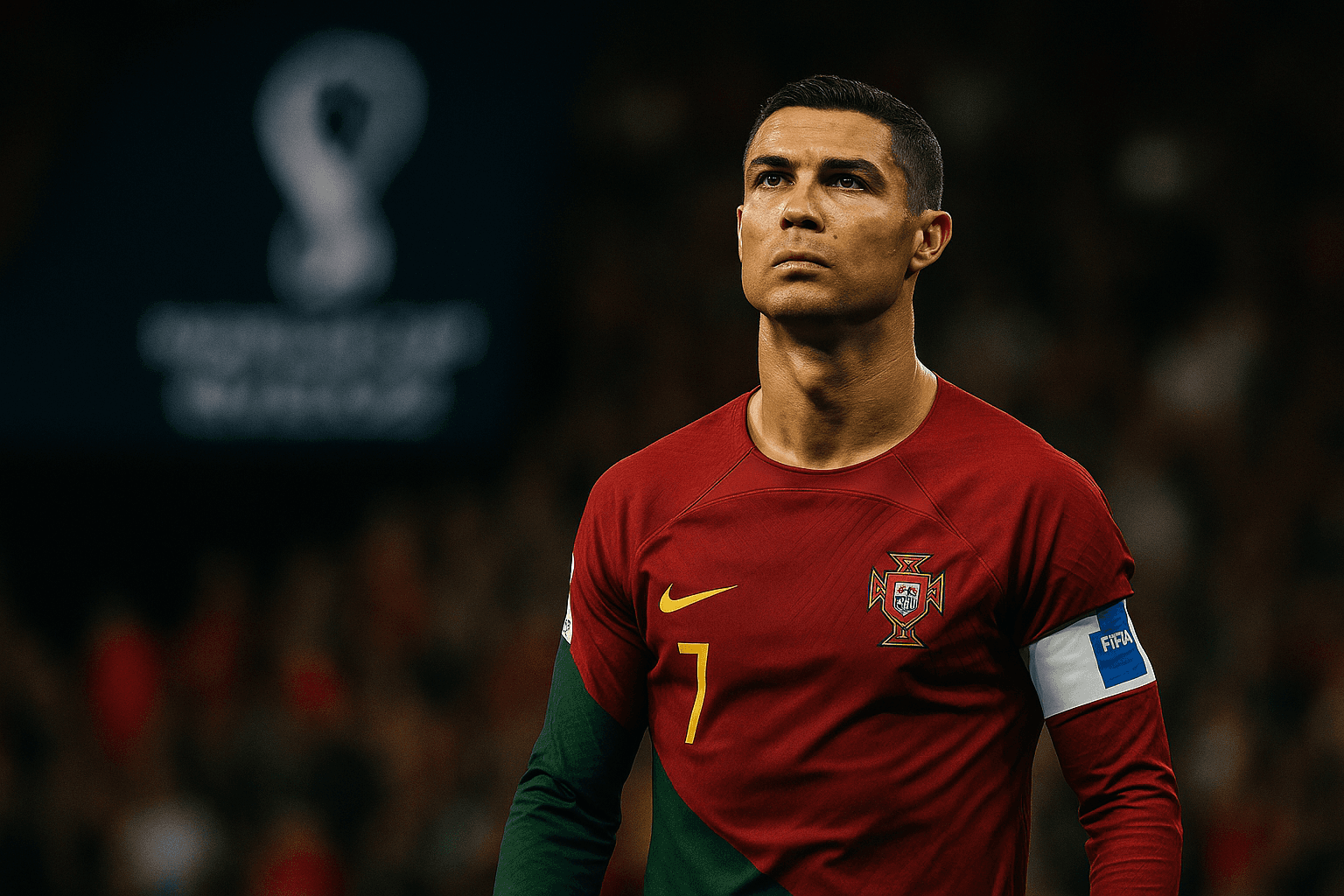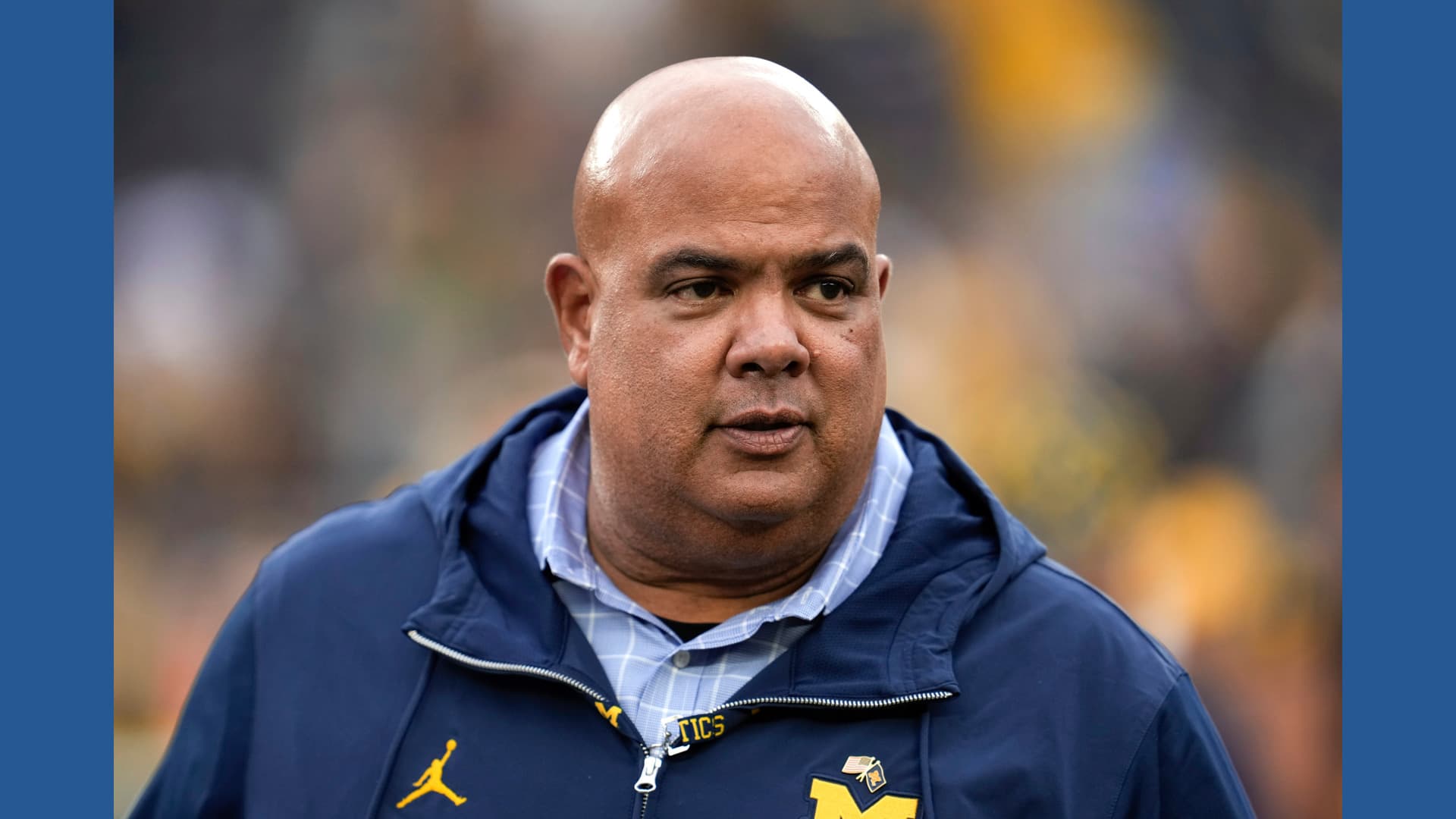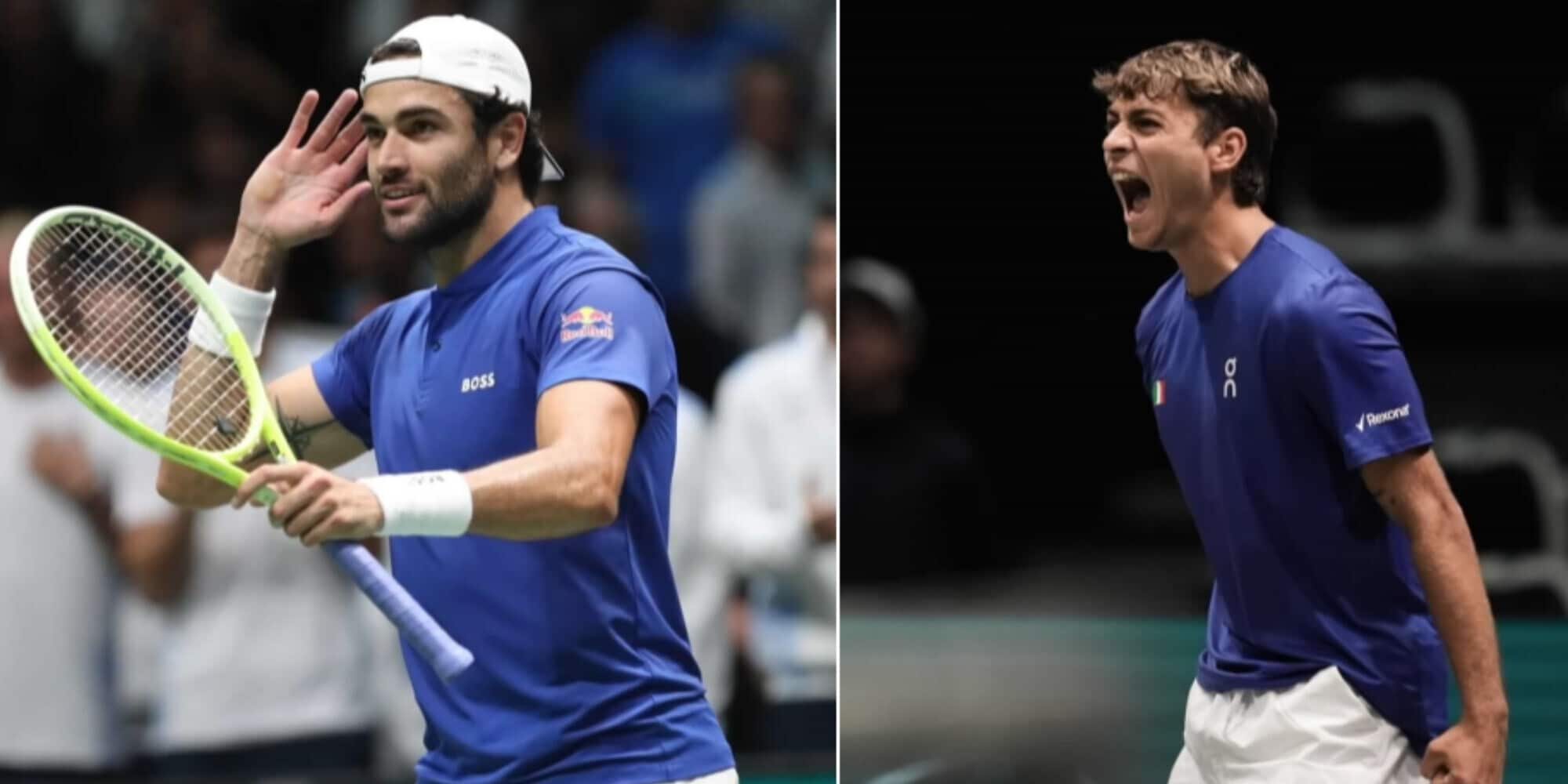Ronaldo Cleared For World Cup Openers, FIFA Suspends Two Games
Cristiano Ronaldo will be available for Portugal's opening matches at the 2026 World Cup after FIFA suspended the remaining two games of a three match ban, a move that preserves a key sporting and commercial narrative for the tournament. The decision raises questions about disciplinary consistency and highlights the high stakes of managing conduct for global superstars.

FIFA announced on November 25, 2025 that it had suspended the final two matches of Cristiano Ronaldo's three match ban under a one year probationary period, meaning the Portugal captain will be eligible to play in his nation's opening matches at the 2026 World Cup. The 40 year old forward was sent off in Portugal's penultimate World Cup qualifying fixture against Ireland for elbowing defender Dara O'Shea and served the immediate one match suspension during Portugal's 9 1 win over Armenia in the final qualifier.
Under Article 27 of the FIFA Disciplinary Code the governing body may suspend part of a sanction subject to conditions. In this case FIFA said it had placed the two remaining matches under probation, and that any repetition of a similar offence within the next year would trigger enforcement of the suspended fixtures. Reuters noted that FIFA did not provide a detailed explanation for its decision.
From a pure sporting standpoint, the ruling preserves a familiar and marketable storyline. Ronaldo's presence in the early stages of the World Cup is likely to shape Portugal's tactical approach and opponents strategies. Even at 40, his reputation as a match winner and as a focal point of opposing defences gives Portugal an intangible advantage in terms of leadership on the pitch and in set piece situations. For a team balancing youth and experience, the certainty of his availability allows coach and squad to finalize preparations without the shadow of suspension hanging over selection and game plans.
The implications extend far beyond tactics. Ronaldo remains one of the most bankable athletes in global sports, and his availability directly affects broadcasting interest, sponsorship visibility, and ticket demand. Major broadcasters and commercial partners calculate audience projections and advertising inventory on the assumption that high profile players will be present. Removing the uncertainty around Ronaldo for Portugal's openers helps preserve projected revenue streams and media narratives that center on legacy and milestone chasing.

At the same time, the ruling underscores continuing tensions within football over disciplinary consistency and the treatment of elite players. Suspending sanctions under probationary provisions is an established mechanism, yet decisions involving iconic figures invite scrutiny from fans, pundits, and rival federations. The lack of a detailed rationale from FIFA creates a perception issue, feeding broader debates about whether governing bodies apply rules evenly regardless of a player's stature. The probation clause itself is a reminder that disciplinary outcomes can be conditional, and that future conduct will be closely watched.
Beyond business and governance, the episode carries cultural weight. Ronaldo is both a sporting colossus and a polarizing public figure, and how institutions handle episodes of misconduct influences wider conversations about accountability, role models, and the behavior expected of athletes. With the World Cup stage now secured for his early matches, attention will shift to how Ronaldo and the Portuguese team seize the competitive moment, and whether his conduct in the coming months will validate FIFA's conditional reprieve or force the immediate enforcement of a suspension that until now had been put on hold.


